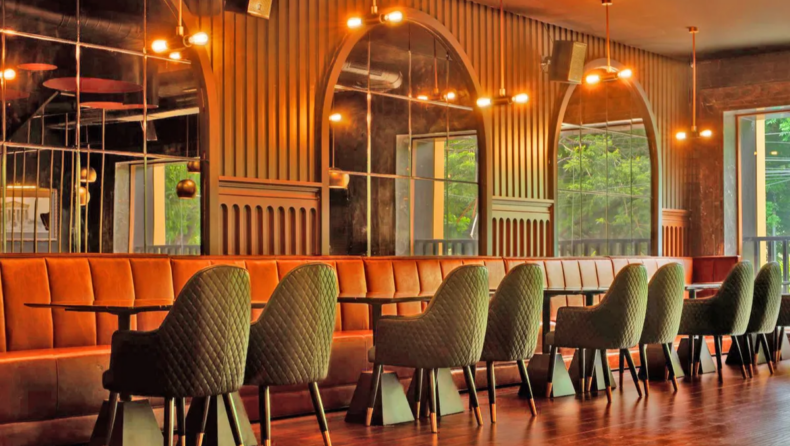There have been up to 85 complaints since new rules were announced on July 4 prohibiting hotels and restaurants from levying service charges by default.
New Delhi: The Central Consumer Protection Authority (CCPA) said on Saturday that 85 complaints have been registered on the National Consumer Helpline (NCH) since new guidelines were issued on July 4 prohibiting hotels and restaurants from levying service charges by default, and directed all district collectors to take strict action against violators.
Between July 5-8, the top five cities in terms of service charge complaints were New Delhi, Bengaluru, Mumbai, Pune, and Ghaziabad.
According to the CCPA, the consumer protection regulator has written to chief secretaries and district collectors of states and union territories to promote widespread public awareness of the new rules and to take necessary action against offenders to defend consumer interests.
On July 4, the CCPA issued new rules prohibiting hotels and restaurants from automatically or by default levying service charges on meal bills. It also indicated precisely what measures customers can take if the standards are violated.
“From July 5 to July 8, 2022, i.e. after the CCPA released the recommendations, 85 complaints were recorded on NCH,” the CCPA stated in a statement.
There were about 18 complaints in New Delhi, 15 in Bengaluru, 11 in Mumbai, 4 in Pune, and 3 in Ghaziabad.
The primary complaints include hotels/restaurants making service fee mandatory, humiliating customers if they refuse to pay it, putting the charge under a different name, and concealing from customers the fact that paying service charge is voluntary.
From April 1, 2021 to June 20, 2022, the CCPA received 537 complaints about levying service costs.
CCPA Chief Commissioner Nidhi Khare stated that the new rules are not “advisory in nature,” but are completely “enforceable by law.” According to her, the rules were released under Section 18(2)(l) of the Consumer Protection Act of 2019, which authorises the CCPA to provide required guidelines to avoid unfair trading practises and defend consumers’ interests.
As a result, the CCPA has issued a clear directive to all state chief secretaries and district collectors that levying service charges in violation of the rules constitutes unfair commercial conduct and damages the rights of consumers as a class, and that such complaints must be handled seriously.
“On the basis of such a complaint, the district collector may undertake an inquiry into a breach of the rules and submit his report to the CCPA within 15 days,” she stated.
The difference between the new CCPA rules and the old recommendations is that the Consumer Protection Act of 1986 was replaced by the Consumer Protection Act of 2019, which went into effect in July 2020.
It established a new statutory organisation, the CCPA, which was given authority by Parliament to investigate unfair commercial practises. As a result, any breach of the standards will be treated seriously, and appropriate action will be taken for unfair commercial practises and violations of consumer rights, according to the statement.
If a customer discovers that a hotel or restaurant is levying a service fee in contravention of the rules, the CCPA states that the consumer may request that the charge be removed from the bill amount.
Consumers can file a complaint with the NCH, which serves as a dispute resolution process at the pre-litigation stage, by dialling 1915 or via the NCH mobile app.
In addition, consumers can submit a complaint with the Consumer Commission. The complaint can be filed online using the e-daakhil portal at www.edaakhil.nic.in for prompt and efficient resolution.
Furthermore, consumers may file a complaint with the District Collector of the relevant district for an inquiry and subsequent procedures by the CCPA. The complaint can also be addressed to the CCPA by email at com-ccpa@nic.in.
Read More-
- Inflation may progressively ease in the second half of the fiscal year
- Teji Mandi’s Vaibhav Agrawal advocates investing in local medicines
- Banking, automobiles, and capital goods might constitute the new wolf pack
- Bharat NCAP needs to consider Indian circumstances
- Musk pulls out of a $44 billion Twitter agreement over bot accounts













